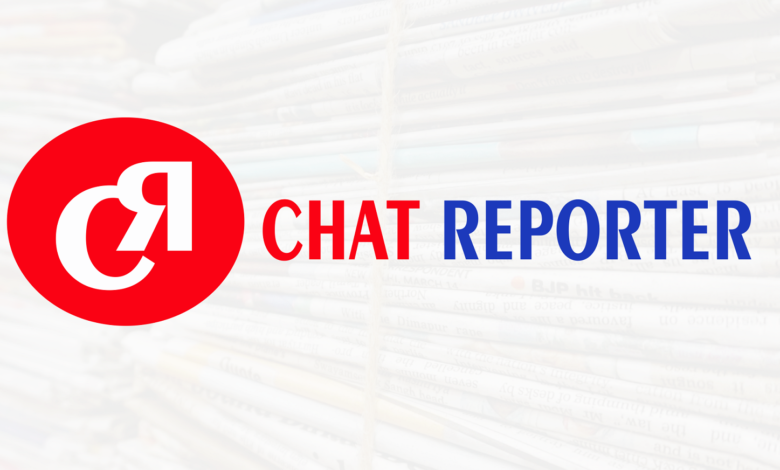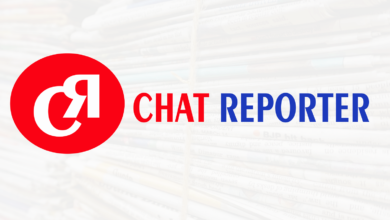Political, state and commercial media capture in an election in Zimbabwe

Election date is 30 July 2018. The tone has been set. Zimbabwe is in an election mode and mood. Political parties have stepped up their election campaign. Manifestos are drawn out of the cupboards. The electorate is keen to see who are the best candidates to vote for in this watershed election. The youths are excited to cast their votes for the first time to those who turned 18 years this year. The stakes are high. The die is cast. Zimbabwean media is awash with election related stories. Political scientists and analysts are quoted in the stories. Journalists are busy; it is election time in Zimbabwe. Each and every media outlet wants to be the first with the story- a good story. Editors are barking instructions in the newsrooms and publishers are also speaking in hushed tones in the board rooms issuing orders to attract the most of the advertising revenue being flaunted around. Election time is the only time to make money for most community newspapers through advertising material. Even for most of the so called main stream media- several thousands of dollars find their way into the media house bank accounts. Is the media reporting fairly and objectively? Are politicians not arm twisting editors by demanding acres of space to support their political agenda in exchange of adverts?
“Judging by the stories awash in the media in Zimbabwe, you can easily discern which side the publication is inclined to with the tone of its editorial slant. You don’t have to be a rocket scientist to know which media outlet support which political side. All state papers, radio and only Television station support Zanu PF, and others are left with no choice but to sympathize with opposition politics. There is polarization of media in Zimbabwe, which is deeply embedded in such a way that there is no clear demarcation from lies and truths, when it comes to writing stories. Instead we are fed everyday with opinions than news”, said a lawyer in Masvingo.
Social media is also playing a key role in the dissemination of information in this election period. But credibility of social media is still hanging off balance.
How can the media entangle itself from the clutches of politicians and their parties? This is the time most newsrooms are visited by political candidates seeking mileage. How will the media house balance between making money and story objectivity?
“Generally lack of media sustainability, which in turn makes it vulnerable to both political and commercial capture. Naturally this affects the publication, be it electronic, radio or otherwise in its ability to perform its duties professionally and responsibly. It’s most effective and more pronounced in poor economic environment and at the height of political temperatures on an election season. So there is a possibility of media capture and it’s visible including state capture. It becomes more dangerous if the media outlet has no capacity to diversify in terms of sources of revenue”, said Kudzai Kwangwari Zacras Programs Manager.
Election date is 30 July 2018. The tone has been set. Zimbabwe is in an election mode and mood. Political parties have stepped up their election campaign. Manifestos are drawn out of the cupboards. The electorate is keen to see who are the best candidates to vote for in this watershed election. The youths are excited to cast their votes for the first time to those who turned 18 years this year. The stakes are high. The die is cast. Zimbabwean media is awash with election related stories. Political scientists and analysts are quoted in the stories. Journalists are busy; it is election time in Zimbabwe. Each and every media outlet wants to be the first with the story- a good story. Editors are barking instructions in the newsrooms and publishers are also speaking in hushed tones in the board rooms issuing orders to attract the most of the advertising revenue being flaunted around. Election time is the only time to make money for most community newspapers through advertising material. Even for most of the so called main stream media- several thousands of dollars find their way into the media house bank accounts. Is the media reporting fairly and objectively? Are politicians not arm twisting editors by demanding acres of space to support their political agenda in exchange of adverts?
“Judging by the stories awash in the media in Zimbabwe, you can easily discern which side the publication is inclined to with the tone of its editorial slant. You don’t have to be a rocket scientist to know which media outlet support which political side. All state papers, radio and only Television station support Zanu PF, and others are left with no choice but to sympathize with opposition politics. There is polarization of media in Zimbabwe, which is deeply embedded in such a way that there is no clear demarcation from lies and truths, when it comes to writing stories. Instead we are fed everyday with opinions than news”, said a lawyer in Masvingo.
Social media is also playing a key role in the dissemination of information in this election period. But credibility of social media is still hanging off balance.
How can the media entangle itself from the clutches of politicians and their parties? This is the time most newsrooms are visited by political candidates seeking mileage. How will the media house balance between making money and story objectivity?
“Generally lack of media sustainability, which in turn makes it vulnerable to both political and commercial capture. Naturally this affects the publication, be it electronic, radio or otherwise in its ability to perform its duties professionally and responsibly. It’s most effective and more pronounced in poor economic environment and at the height of political temperatures on an election season. So there is a possibility of media capture and it’s visible including state capture. It becomes more dangerous if the media outlet has no capacity to diversify in terms of sources of revenue”, said Kudzai Kwangwari Zacras Programs Manager.


